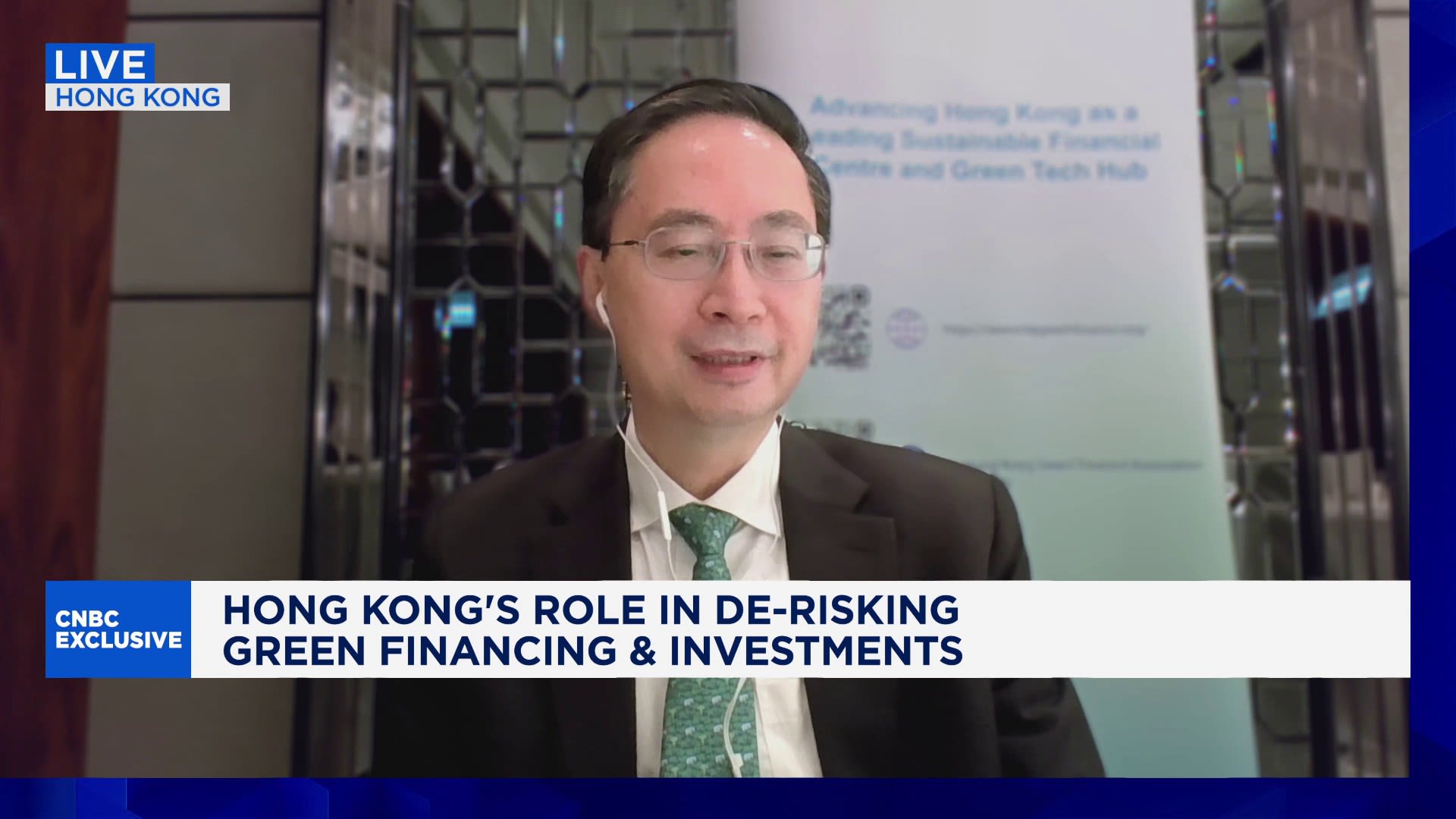Green Finance Revolution: Hong Kong's Untapped Potential to Lead Global De-Risking Efforts

Green Finance: Hong Kong's Strategic Approach to De-Risking and Sustainable Investment
In the dynamic world of green finance, Jun Ma, Chairman and President of the Hong Kong Green Finance Association, offers profound insights into the critical role of de-risking as a transformative instrument within the sustainable finance ecosystem.
De-risking has emerged as a sophisticated strategy that goes beyond traditional risk management, serving as a powerful mechanism to channel investments towards environmentally responsible and economically viable projects. As a global financial hub, Hong Kong is strategically positioning itself at the forefront of this innovative approach.
Ma emphasizes that de-risking is not merely about mitigating financial risks, but about creating a comprehensive framework that encourages sustainable investment. By carefully evaluating and minimizing potential environmental and economic uncertainties, Hong Kong is helping to build investor confidence in green initiatives.
The city's unique position allows it to leverage its robust financial infrastructure and deep understanding of both Asian and international markets. This enables Hong Kong to develop sophisticated de-risking tools that can attract global investors to sustainable projects, ultimately driving the transition towards a more environmentally conscious economic model.
Through strategic collaboration between financial institutions, government bodies, and international partners, Hong Kong is transforming de-risking from a theoretical concept into a practical, impactful approach that can accelerate green finance development worldwide.








